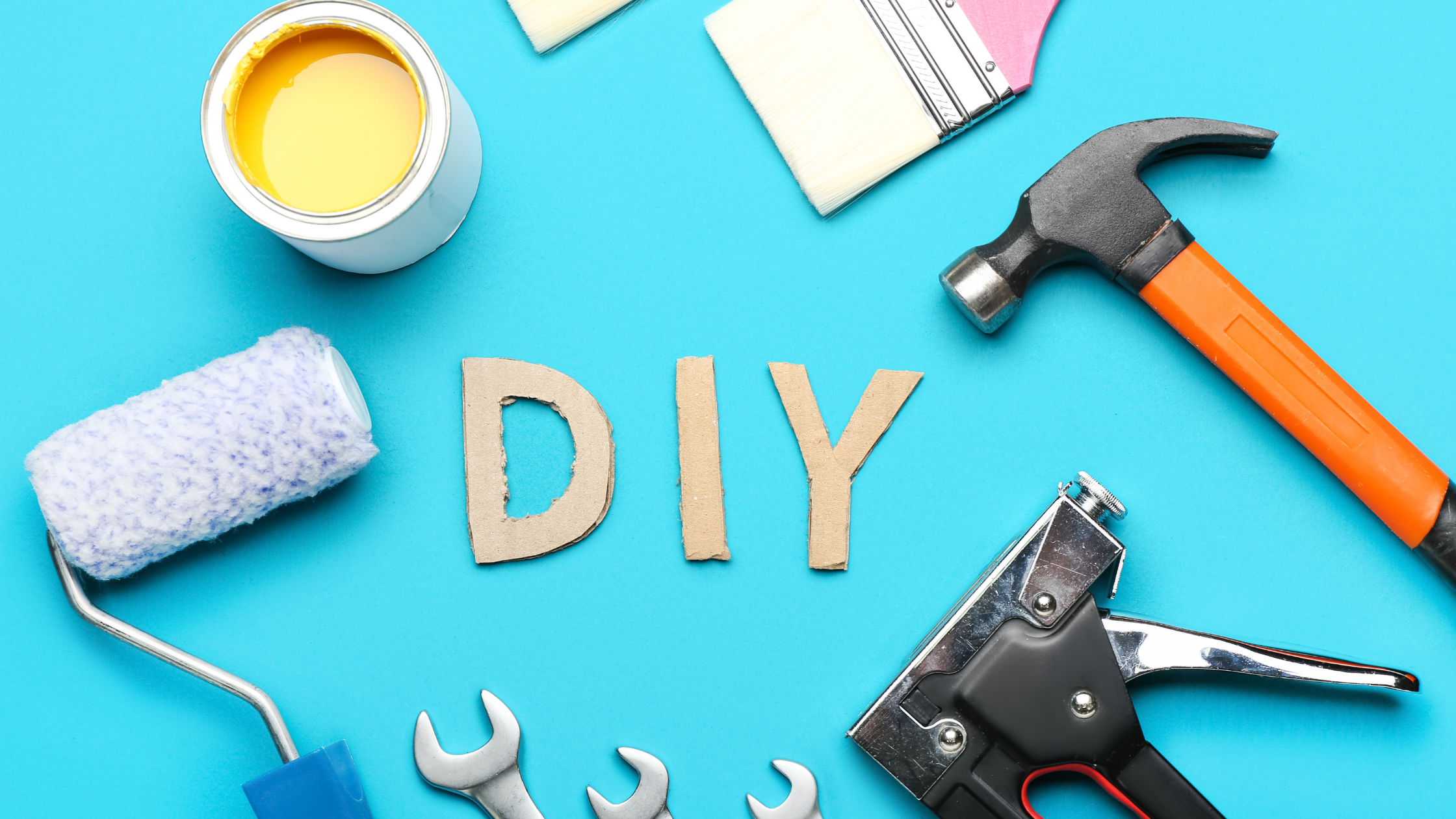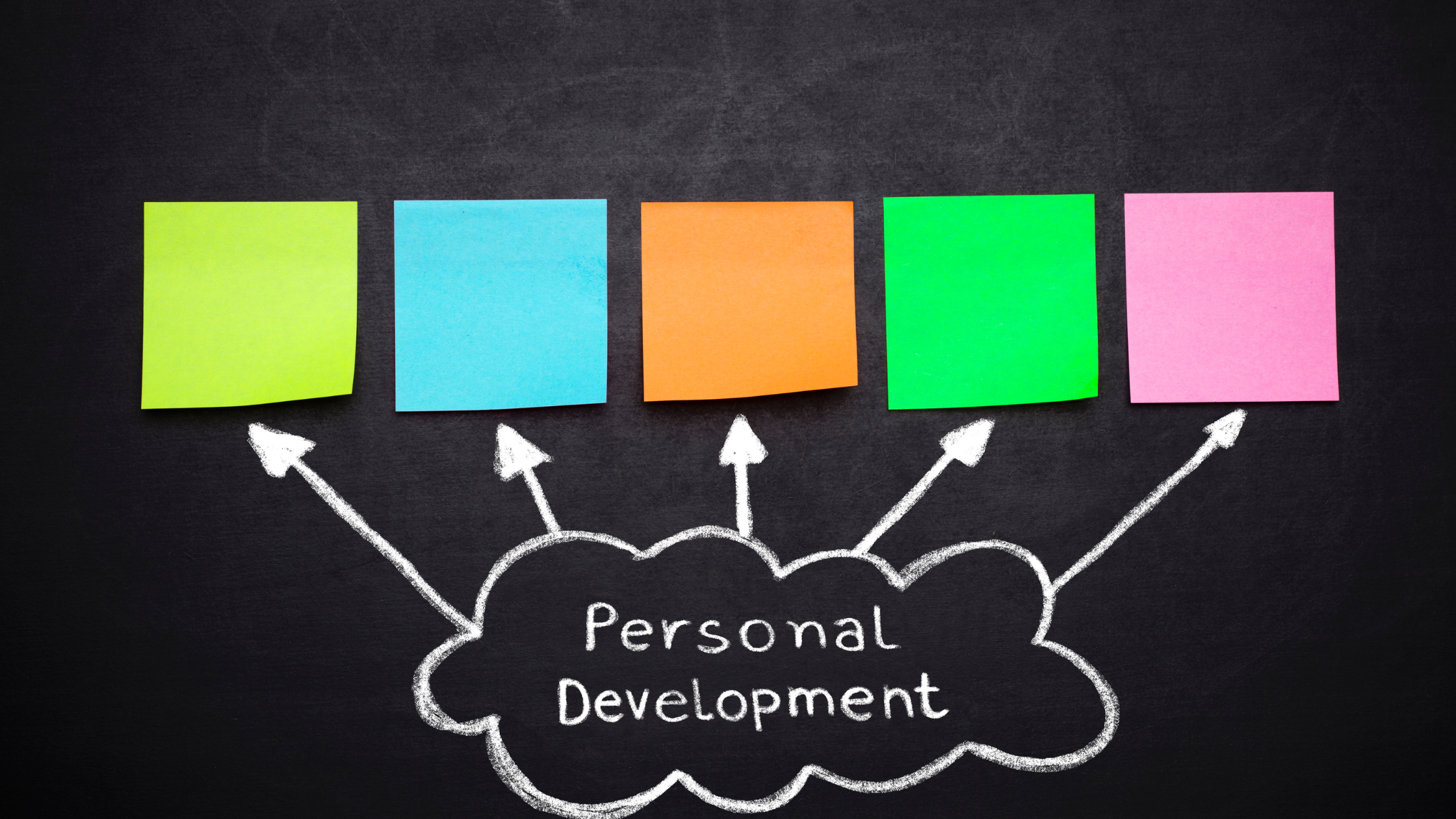By Ofuns Okwechime

Independent Living Skills for Young Adults
Living independently is an exciting phase of life for young adults. It’s a time filled with freedom, exploration, and self-discovery. However, with newfound independence comes a set of responsibilities and challenges.
As a young adult stepping into the world, it’s crucial to develop the necessary independent living skills to navigate through this adventurous journey. In this blog post, we’ll explore various aspects of independent living skills, providing insights, tips, and examples to help you thrive in your newfound independence.
Financial Management: Building a Solid Foundation

Understanding and managing finances is a fundamental skill that sets the stage for a successful independent life. Here are some key aspects to consider:
Budgeting: Track Your Money
Creating and sticking to a budget is essential for financial well-being. Start by identifying your income sources and categorizing your expenses. With a clear understanding of your financial inflow and outflow, you can allocate funds efficiently, prioritize saving, and avoid unnecessary debt. Numerous budgeting apps, such as Plum, Chip, or Monzo, can assist you in tracking your spending and saving habits.
Saving: Plan for the Future
Cultivating a habit of saving money is crucial to establish financial security. Allocate a portion of your income toward savings, aiming to build an emergency fund that covers three to six months of living expenses. Regularly contributing to retirement accounts allows compound interest to work its magic over time.
Credit and Debt Management: Borrow Responsibly
Understanding credit and managing debt is vital in today’s society. Establish and maintain a good credit score by paying your bills on time and keeping credit card balances low. Your credit score is important and can determine the outcome of most financial decisions you make.
Avoid unnecessary debt and be cautious with credit card usage. Only use credit cards to build up your credit score and make sure you pay off the balance in full every month.
If you have student loans, explore repayment options, consolidate when possible, and create a plan to pay them off efficiently. If you have debt, there are free organisations that can assist with free advice, such as Step Change and Christians Against Poverty.
Household Management: Creating a Cosy Nest
Living independently often means maintaining a household for the first time. Here are some tips to make your living environment comfortable and efficient:
Cooking and Meal Planning: Master the Basics

Learning to cook and plan meals not only saves money but also promotes a healthier lifestyle. Start by mastering simple recipes and gradually expand your cooking skills. Meal planning helps you stay organized, shop efficiently, and reduce food waste. Websites and apps like Yummly, Mealime, or Eat This Much provide easy-to-follow recipes and meal-planning tools.
Cleaning and Organization: Keep it Tidy
Maintaining a clean and organized living space reduces stress and enhances productivity. Develop a cleaning routine that suits your schedule, ensuring your environment remains fresh and clutter-free. This is more important for independent living in shared accommodation. Investing in storage solutions, such as shelves, bins, or hooks, maximizes space and keeps everything in order. Don’t forget to declutter regularly to avoid accumulating unnecessary items.
Home Maintenance: DIY Skills

Basic home maintenance skills come in handy when dealing with repairs or improvements. Learn how to change light bulbs, fix a leaking faucet, or patch a hole in the wall. Familiarize yourself with the main circuit breaker and water shut-off valve locations. YouTube tutorials, online forums, or even local workshops can provide valuable guidance in honing your DIY skills.
Managing Utilities: Be Resourceful
Understanding and managing utilities like electricity, gas, water, and internet services is essential to avoid unexpected bills or service interruptions. Learn to monitor energy and water usage, practice energy-saving habits, and compare service providers to get the best deals. Automating bill payments or setting up reminders can prevent late fees or the likelihood of missing payments.
Personal Development: Nurturing the Self

As you embark on your independent journey, personal development plays a significant role in shaping your future. Here are some areas to focus on:
Time Management: Make Every Moment Count
Mastering time management allows you to balance work, leisure, and personal growth effectively. Use calendars, planners, or mobile apps to schedule and prioritize tasks. Identify your most productive hours and allocate them wisely. Remember to make time for relaxation and self-care to avoid burnout.
Communication Skills: Express Yourself Effectively
Communication skills are vital in personal and professional relationships. Develop active listening skills, express your thoughts clearly and assertively, and be open to constructive feedback. Seek opportunities to improve your public speaking and presentation skills will prove valuable in various aspects of life.
Emotional Intelligence: Connect and Empathize
Enhancing emotional intelligence helps you navigate relationships, manage conflicts, and understand others’ emotions. Practice self-awareness by recognizing and managing your own emotions. Cultivate empathy, compassion, and active listening skills to build meaningful connections with others.
Goal Setting: Dream Big, Plan Smart
Setting goals provides direction and motivation for personal growth and achievement. Reflect on your aspirations, set SMART goals (Specific, Measurable, Achievable, Relevant, Time-bound), and break them down into manageable steps. Regularly review your progress and make adjustments if necessary.
Social and Community Engagement: Thriving in Society
Living independently also means actively participating in society and forming connections with others. Here are some ways to engage with your community:
Volunteering: Give Back
Volunteering allows you to contribute to a cause you care about while connecting with like-minded individuals. Explore local volunteering opportunities related to your interests, like the environment, education, animal welfare, or social justice. Volunteering not only benefits others but also provides personal fulfilment and growth.
Networking: Expand Your Circle
Building a network of connections is essential and opens doors to various opportunities. Attend industry-related events, join professional or interest-based organizations, and actively engage with peers, mentors, and professionals in your chosen field. Networking helps you gain insights, receive guidance from those who are more experienced, and potentially find career or personal growth opportunities.
Cultural Engagement: Embrace Diversity
Embracing different cultures broadens your horizons and enriches your understanding of the world. Explore local cultural festivals, attend art exhibitions, or try food from other parts of the world. Engage with diverse communities, celebrate their traditions, and foster an inclusive mindset. Such experiences enhance your perspective and contribute to personal growth.
Conclusion: Embrace the Journey

As a young adult stepping into independent living, developing essential life skills is paramount for a successful and fulfilling journey. From financial management to household maintenance, nurturing personal growth, and actively engaging with society, each aspect contributes to your well-being and sets the stage for a prosperous future. Embrace this exciting phase of life, learn from every experience, and savour the newfound freedom with responsibility. Remember, independent living skills are a lifelong pursuit, so keep exploring, learning, and growing.

